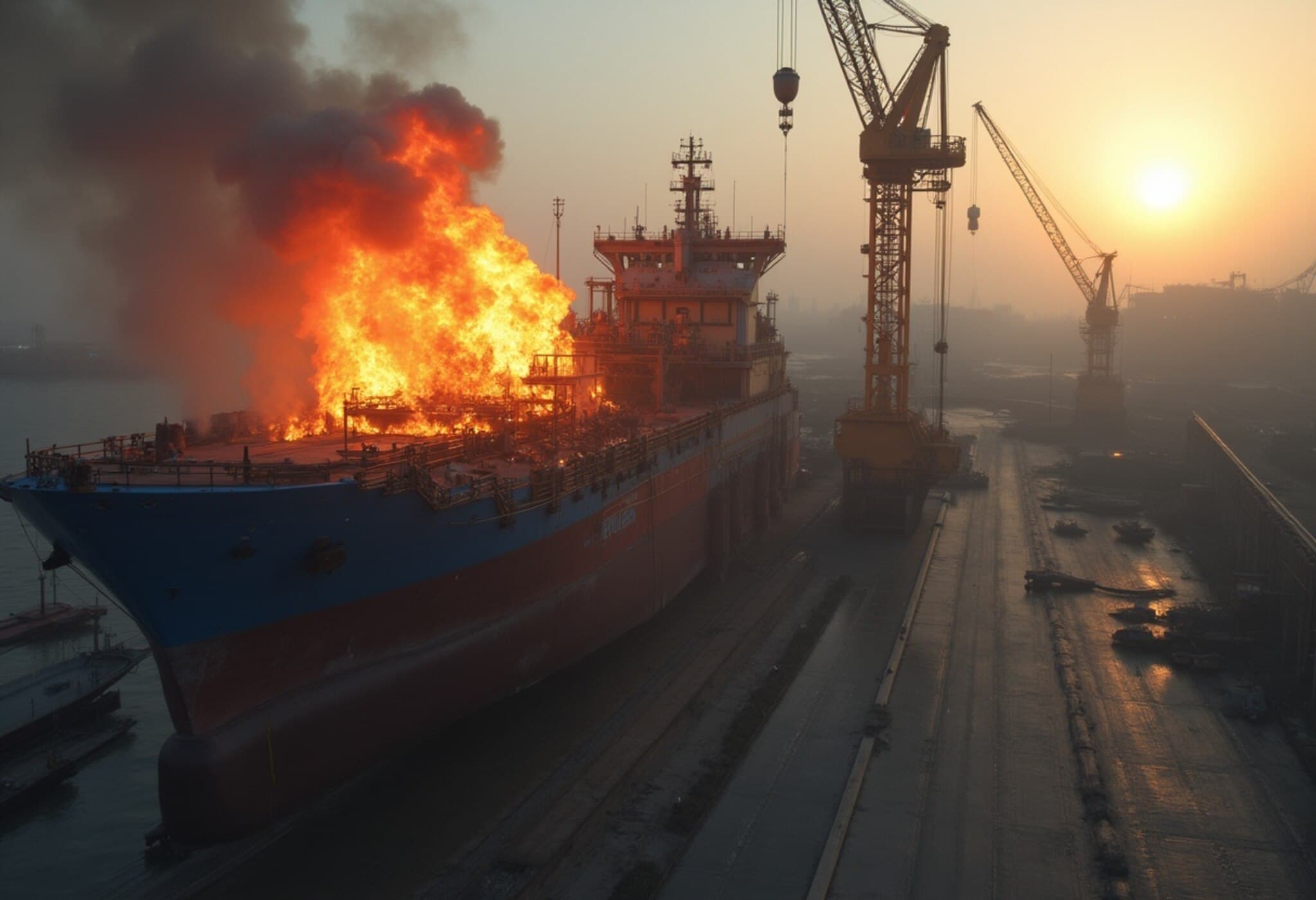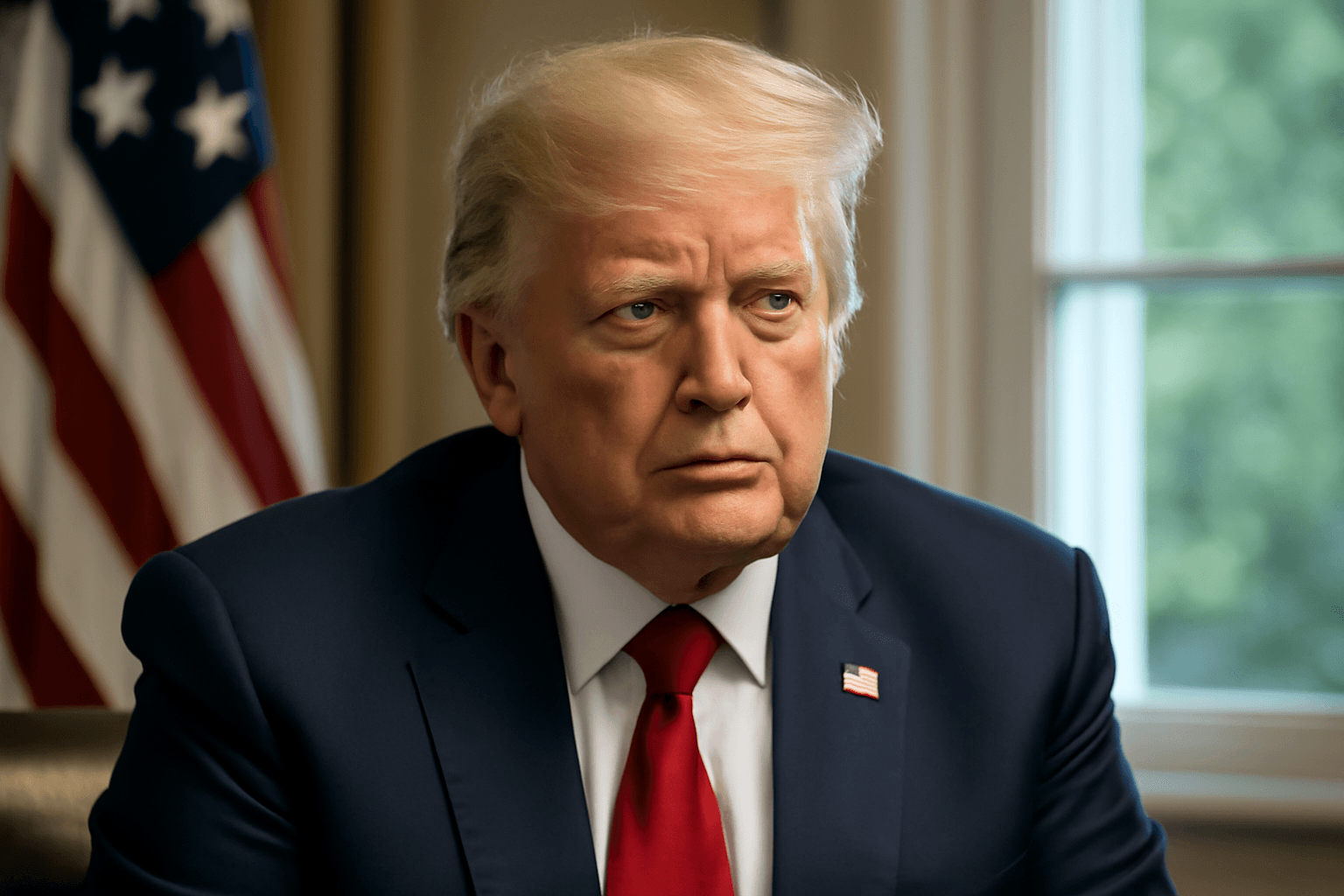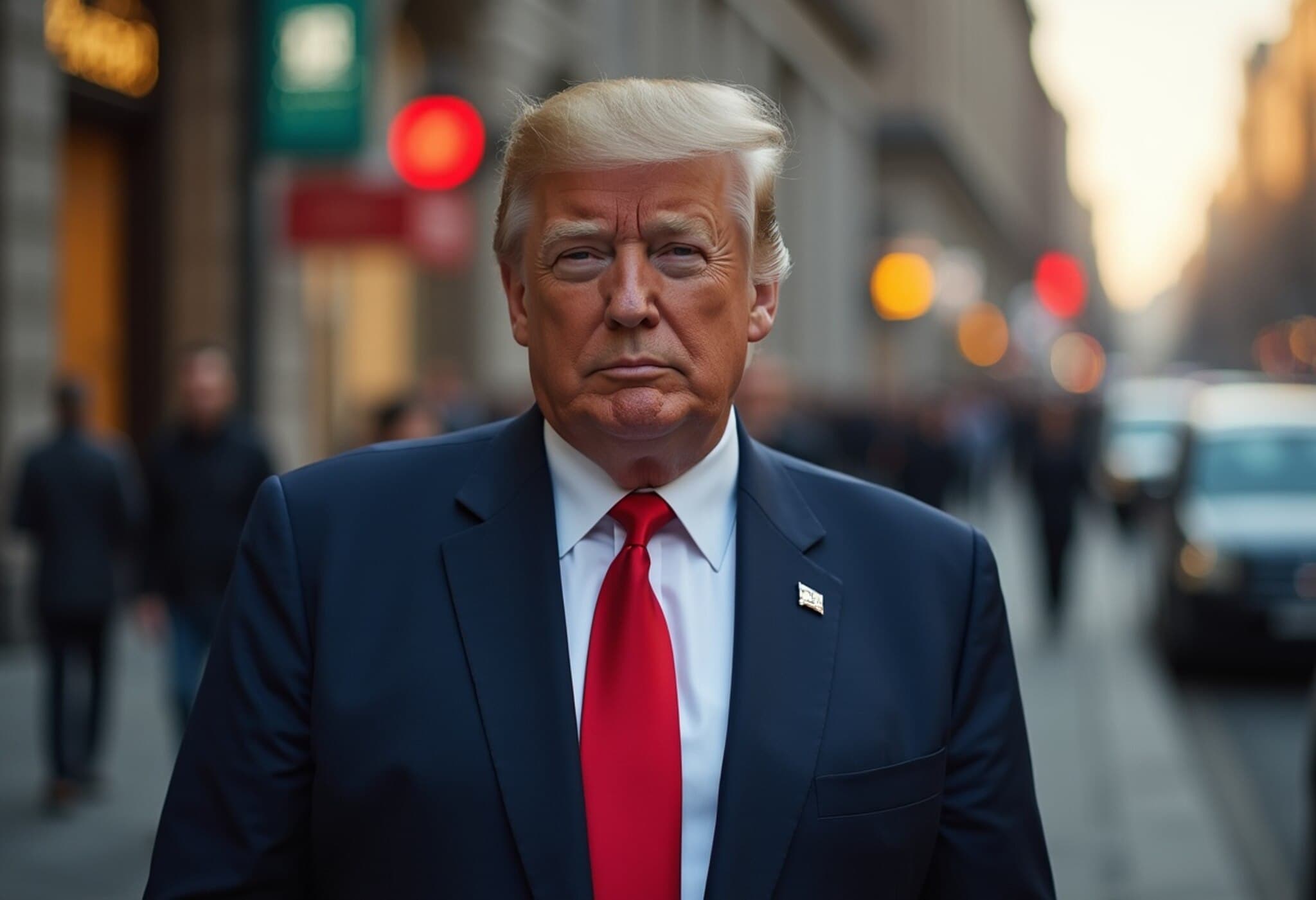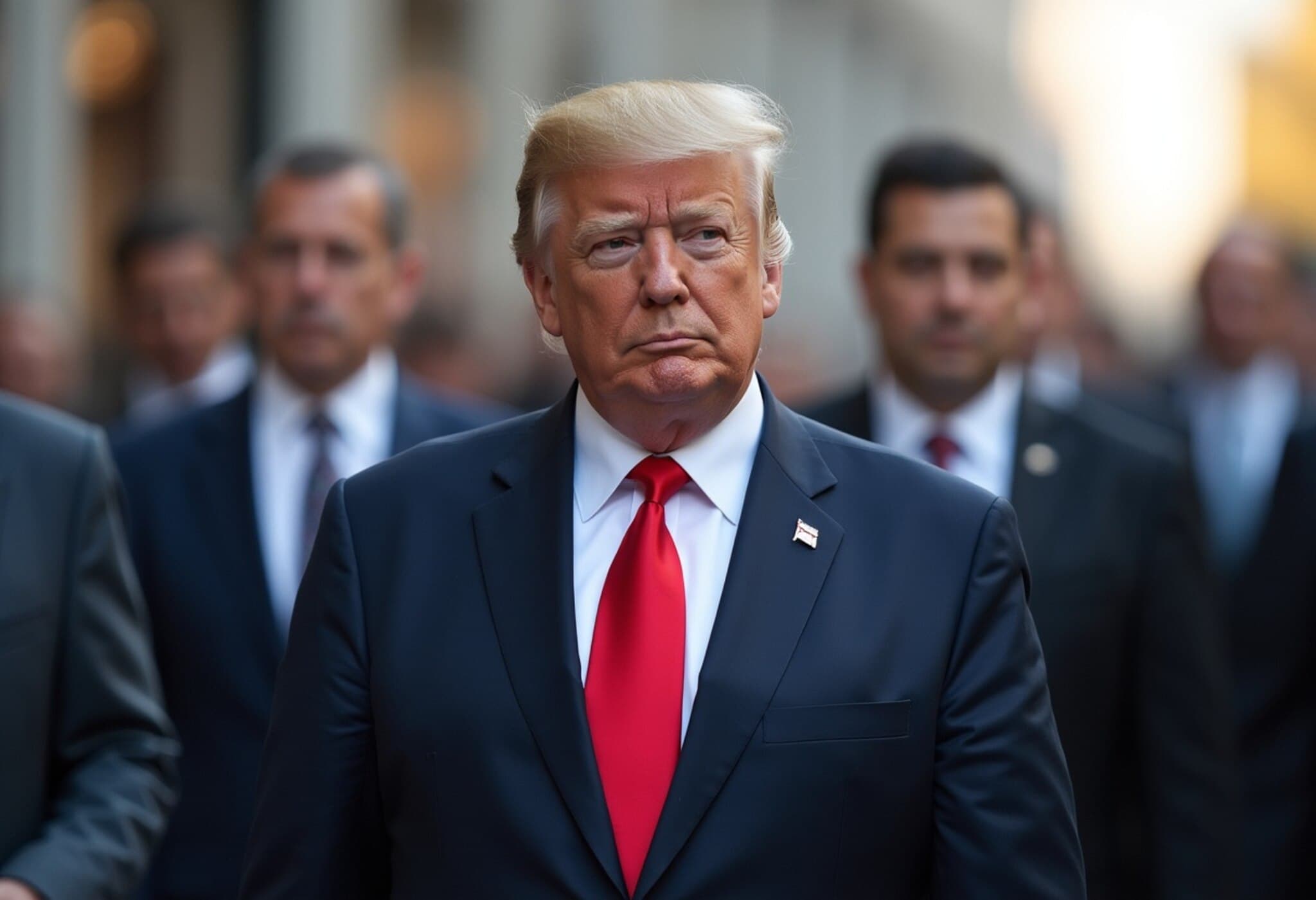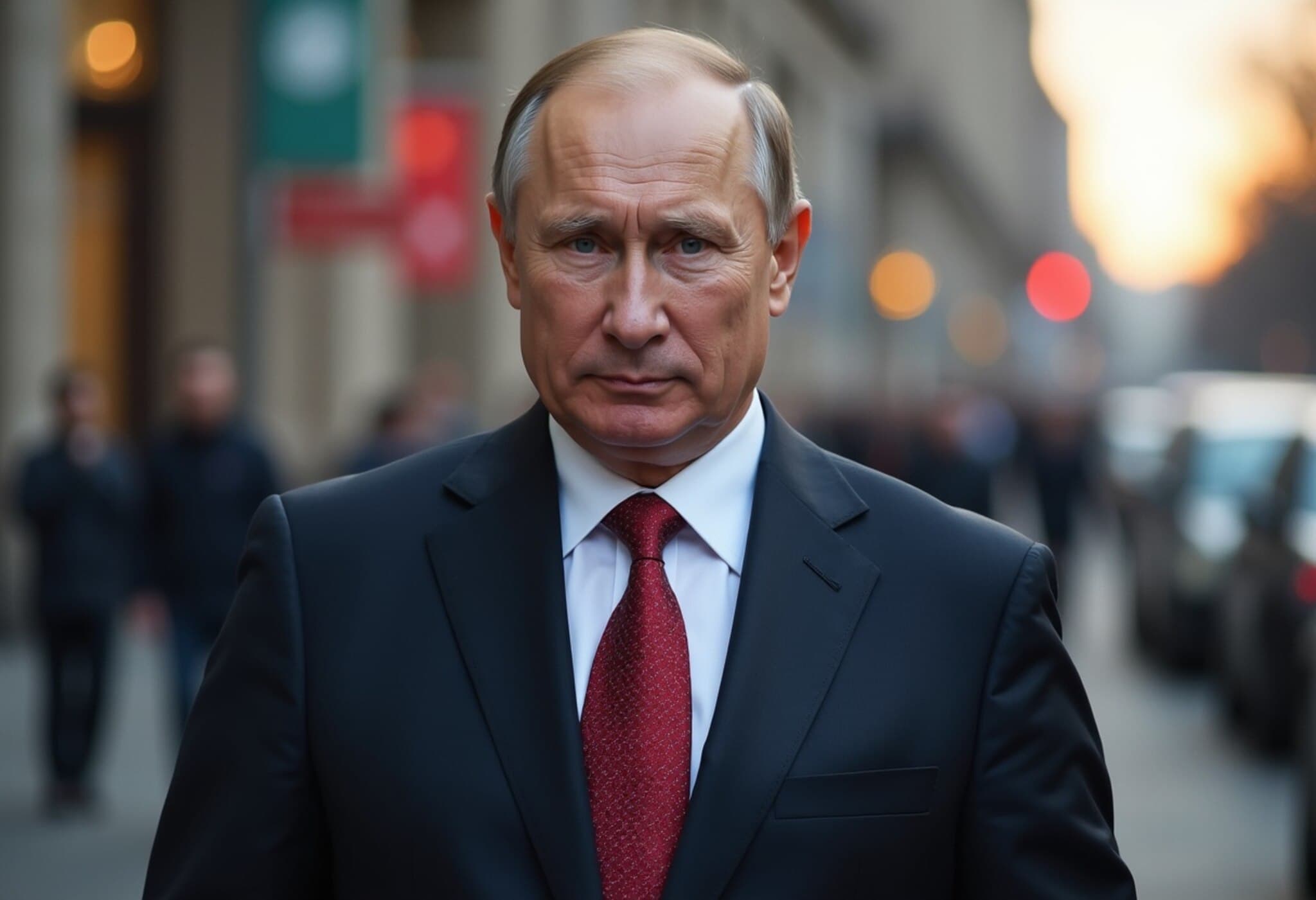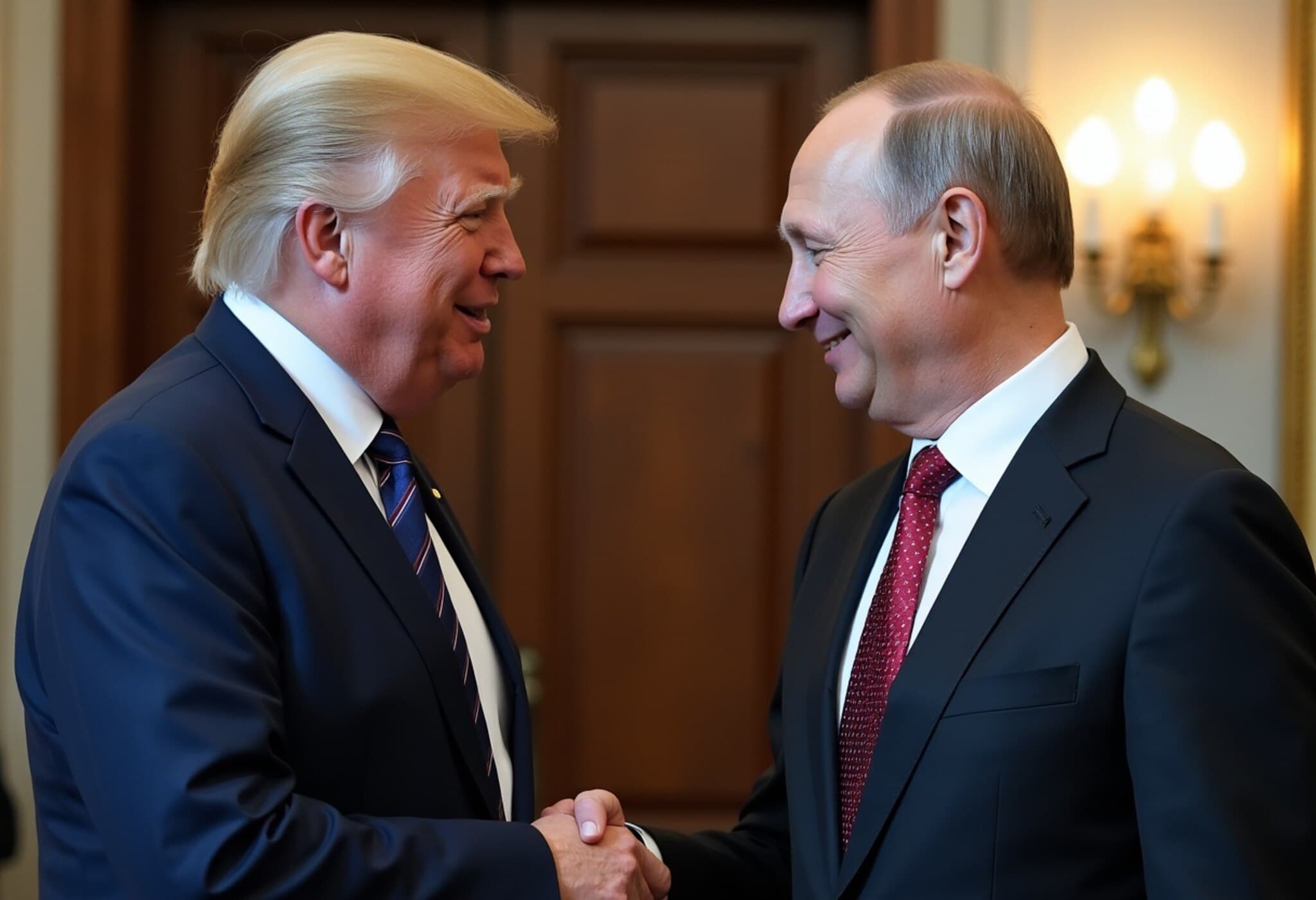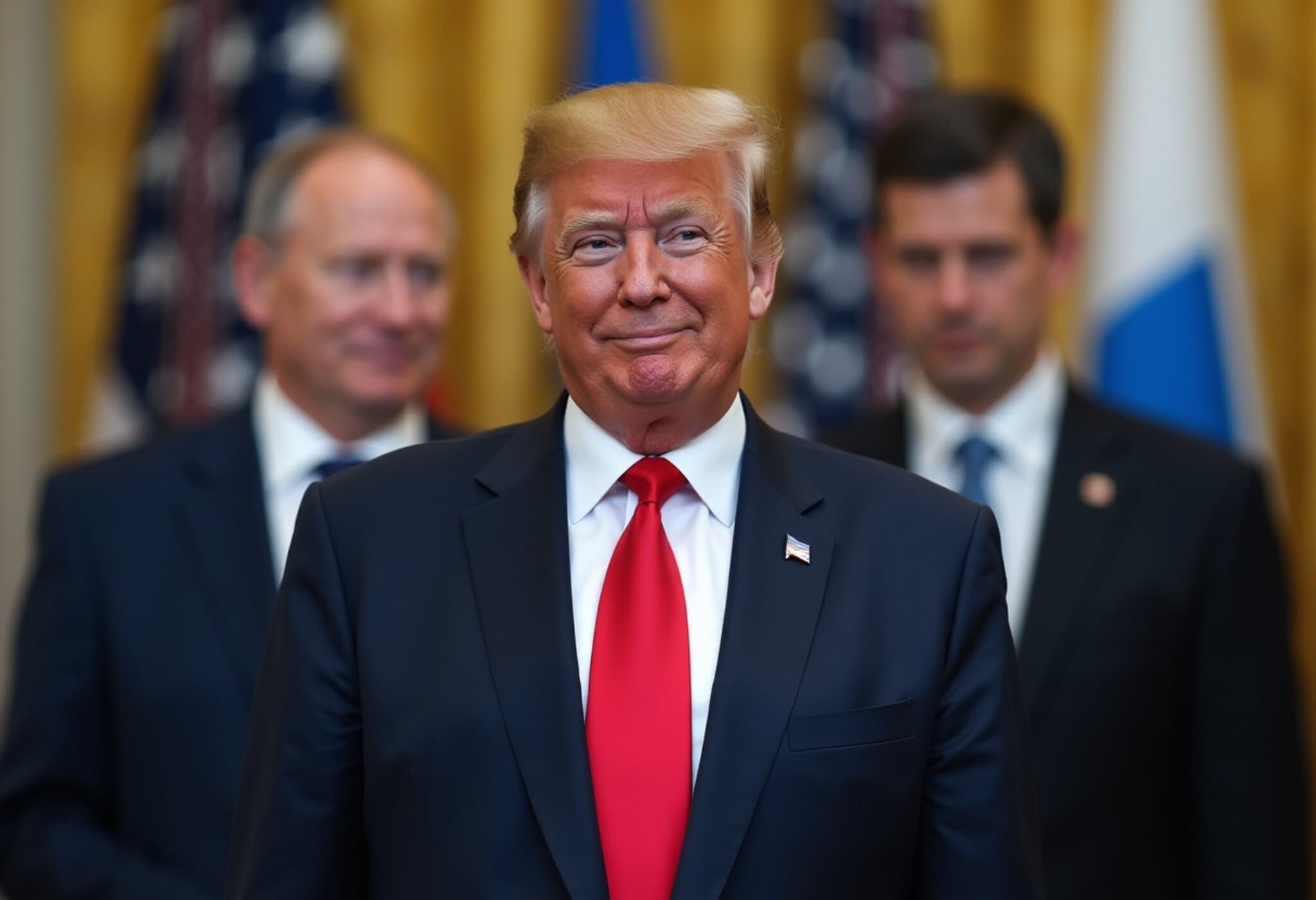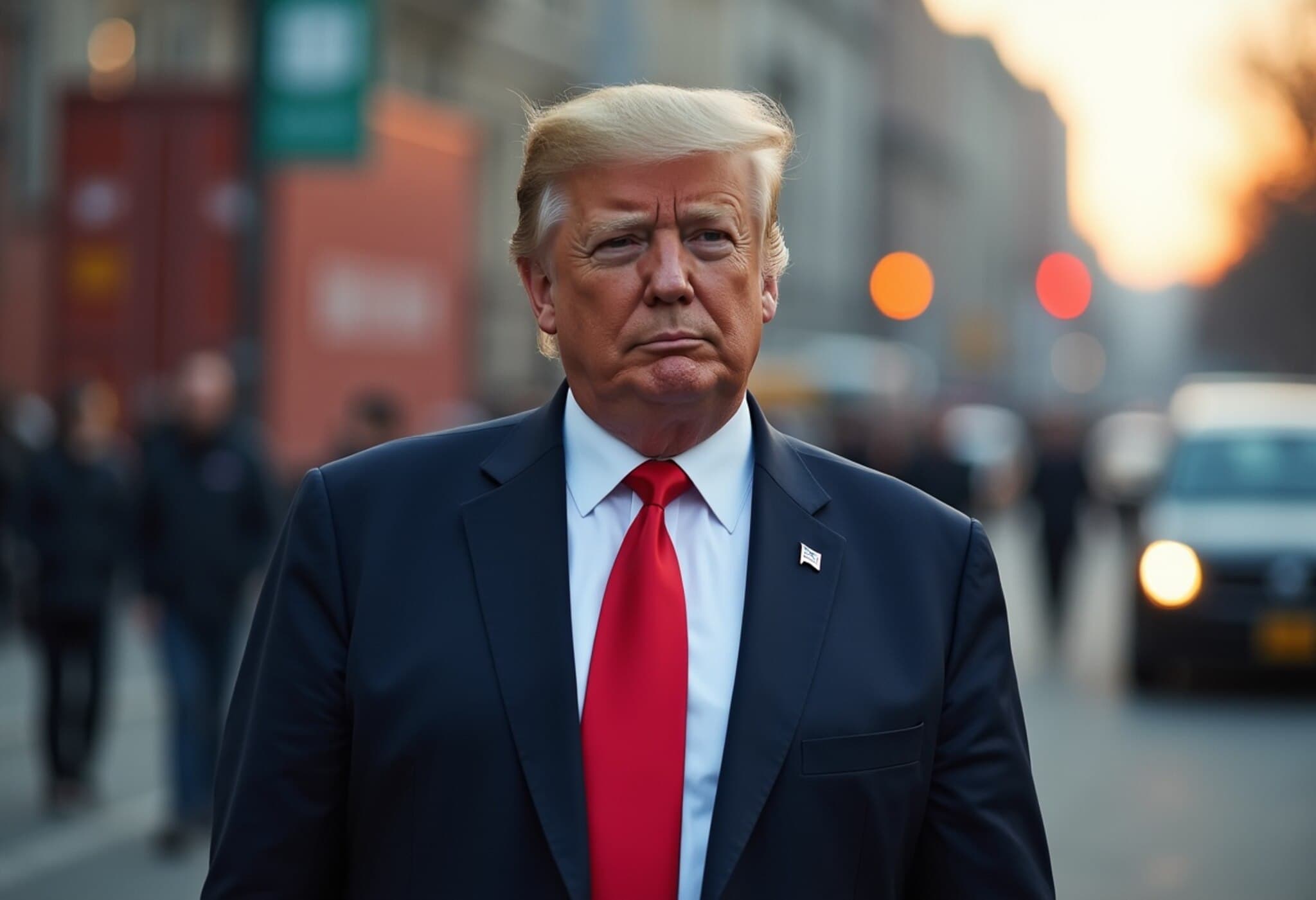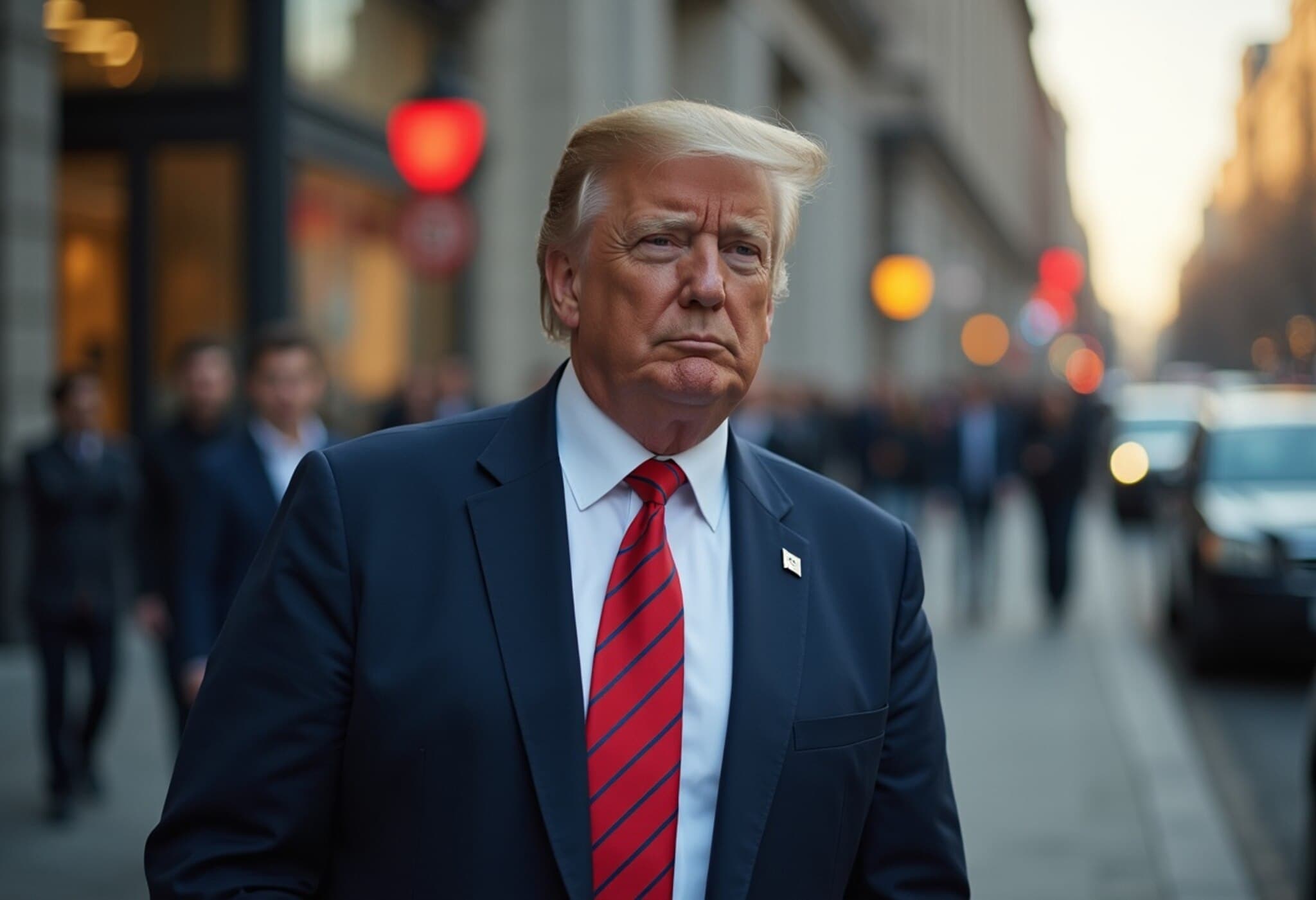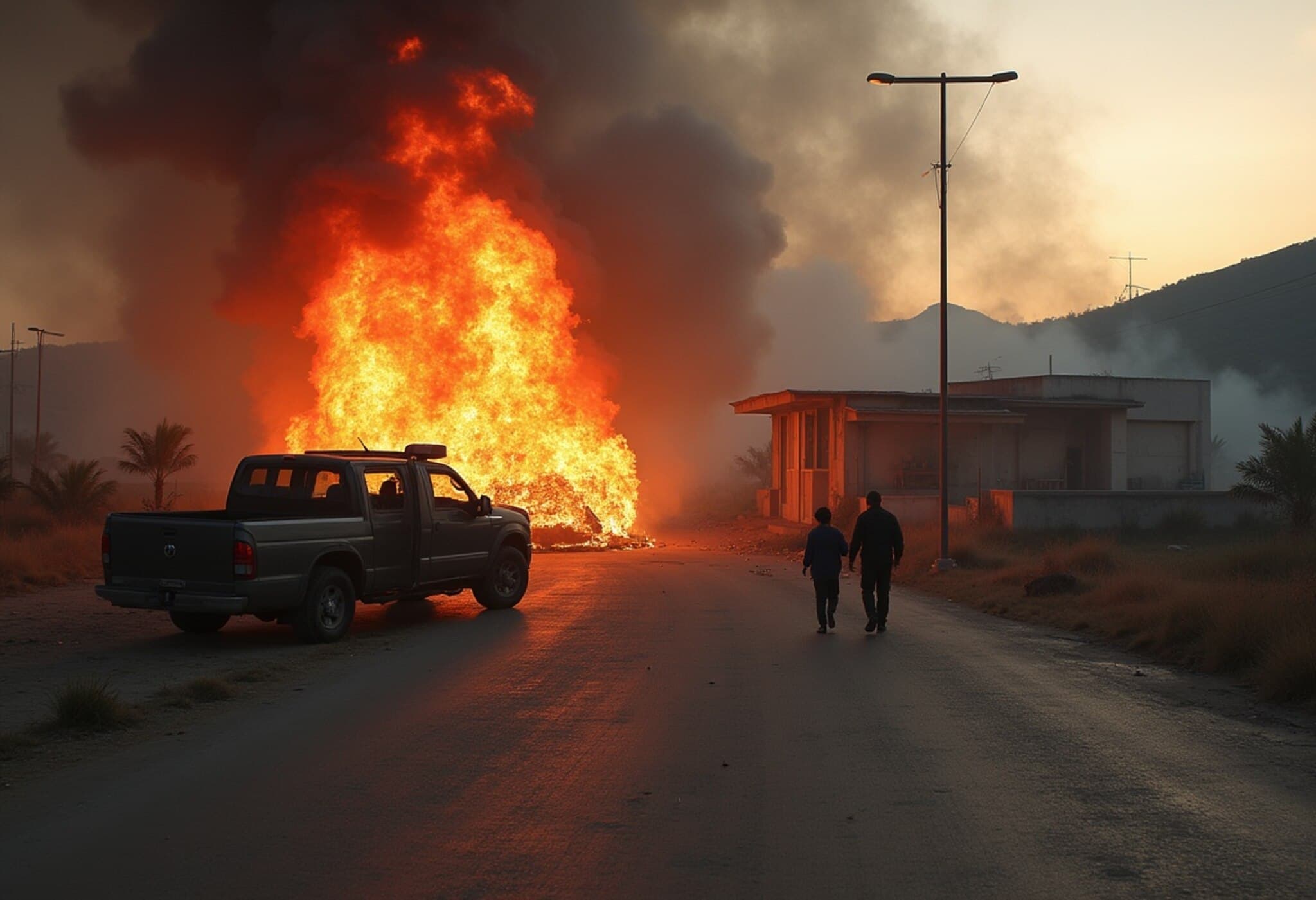US Upholds Tariffs on India, Tying India’s Role to Ukraine Peace Prospects
In an assertive stance that intertwines global trade policy with geopolitical strategy, the United States has reaffirmed its decision to impose increased tariffs on Indian goods, framing India’s cooperation as pivotal to securing peace in the protracted Russia-Ukraine conflict. This emerged from a recent statement by Peter Navarro, former trade adviser to ex-President Donald Trump, underscoring Washington’s belief that economic pressure on India will influence the broader war dynamics.
Background: The US Tariffs and India’s Response
On August 27, the US government is set to double penalty tariffs on a range of Indian imports. These duties were first introduced last month amid US accusations that India’s trade and energy dealings with Russia inadvertently prolong the war by bolstering Moscow’s financial resources.
India has firmly rebutted these charges, labeling the tariffs as “unjustified” and “unreasonable.” The Indian government insists its policies reflect strategic autonomy rather than complicity, emphasizing its need for energy security and economic sovereignty amid turbulent global markets.
Navarro’s Forthright Remarks and Underlying Strategy
In a press briefing in Washington, DC, Peter Navarro expressed a complex blend of respect and reproach toward India’s leadership. He praised Prime Minister Narendra Modi as a “great leader” but criticized India’s engagement with Russian oil and its ramifications.
“I love India. But please, look at your role in the global economy. What you’re doing isn’t creating peace—it’s perpetuating the war,” Navarro said emphatically.
Navarro alleged that India’s oil refining operations — where Russian crude is processed before global resale — constitute a profiteering mechanism that funds Russian military efforts. He emphasized that profits from such transactions indirectly finance arms production, prolonging hostilities and compelling the US to increase military aid to Ukraine, thereby imposing a burden on American taxpayers.
Contrasting Perspectives and Policy Complexities
Critics and commentators highlight some contradictions in the US position. Historically, Washington has tacitly allowed New Delhi’s Russian energy purchases, citing geopolitical balance and the necessity to stabilize global oil prices. Analysts argue this shift in policy signals a new, tougher American approach to India, aimed at pressing it into alignment with broader Western sanctions and diplomatic aims.
Moreover, Navarro himself has acknowledged the limitations of US leverage over China, noting that geopolitical interdependencies complicate Washington’s ability to coerce major economies—a nuance that equally applies to India.
Implications for US-India Relations and Global Diplomacy
This escalating trade dispute comes at a time when US-India ties have been marked by both strategic cooperation and friction. The tariffs and political rhetoric risk overshadowing shared objectives, such as countering regional threats and collaborating on climate initiatives.
More broadly, this episode raises critical questions:
- Can economic sanctions effectively sway India’s geopolitical choices without damaging bilateral relations?
- How can India reconcile its energy demands and strategic autonomy with international calls for alignment on Russia?
- What role might India play as a peace broker in the Ukraine conflict, and how realistic is this “road to peace” notion?
Experts suggest that these questions expose the delicate balancing act in global diplomacy, where trade, security, and morality often intersect in complex ways.
Editor’s Note
The US administration’s linkage of trade tariffs to India’s role in the Ukraine conflict underscores the evolving nature of geopolitics in a multipolar world. While sanctions aim to curb actions that fuel war, the real challenge lies in crafting policies sensitive to sovereign interests and nuanced realities. This story invites us to watch closely how India navigates its unique position, balancing economic imperatives with global responsibilities, and whether diplomacy will ultimately open the “road to peace.”
For readers: Consider how economic tools like tariffs shape international relations beyond mere commerce—they reflect and reshape power dynamics, alliances, and hopes for peace.

